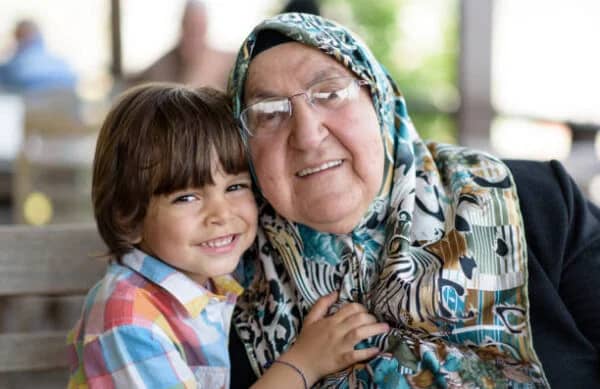Donating in Honor: A Blessed Tradition in Islamic Charities
Have you ever wanted to honor a loved one in a way that’s meaningful, lasting, and spiritually rewarding? Have you ever wished your good deeds would somehow benefit both you and your dear ones, especially those who are no longer with us? That’s where the beautiful practice of donating in someone’s honor comes into play, a tradition deeply embedded in the fabric of Islamic charity.
The Essence of Donating in Honor
At the heart of our faith lies the principle of compassion, and what better way to express it than by giving in the name of someone you hold dear? It’s not just an act of charity–it’s a testament to our interconnectedness, a thread of love and respect that weaves through generations. This act of altruism transcends the boundaries of time, reaching out to touch the souls of those who have walked before us.
When we donate in honor of our parents or grandparents, we’re not merely engaging in a transaction. We’re sending a message of love and respect that resonates far beyond the physical realm. This act is meant to be a source of ongoing reward (Thawab) for the departed souls, a way of expressing our undying affection for them.
Sadaqah: A Gift that Keeps on Giving
In the Islamic tradition, Sadaqah is a voluntary act of charity performed to benefit the needy and spread kindness in society. Yet, its impact is not limited to this world. It’s believed that Sadaqah’s rewards ripple through the afterlife, benefiting the donor and, if given on behalf of another, the person in whose name it’s given.
When you donate to Sadaqah in honor of your ancestors, you’re not just doing good–you’re extending the impact of that good to your loved ones. It’s as if they are still among us, participating in our acts of kindness, sharing in the blessings they bring. What could be more comforting than knowing that our deeds can bring spiritual benefit to those we loved and lost?
The Thawab Effect: Blessings Multiplied
Thawab, the divine reward for good deeds, is a core belief in our faith. What makes Thawab exceptional is its compounding nature. The more good we do, the more Thawab we accumulate, creating a virtuous cycle of positivity and spiritual growth.
When we donate in someone’s honor, we’re essentially sharing our Thawab with them. It’s a wonderful way to keep their spirit alive, to continue the good they’ve done during their lifetime, and to connect our lives with theirs in a profound, spiritual way.
A Legacy of Love and Blessings
When all is said and done, donating in honor is more than just a charitable act–it’s a spiritual journey, a way to keep our connections with our loved ones alive and meaningful. It’s a testament to the love we carry in our hearts, a love that doesn’t end with worldly separation but continues to grow and thrive through our actions.
By giving Sadaqah in the name of our ancestors, we’re not just honoring their memory–we’re ensuring their legacy, sharing our blessings with them, and perpetuating a cycle of good that benefits us all. So, the next time you want to honor a loved one, consider giving in their name. It’s a beautiful way to express love, respect, and devotion, creating a ripple of goodness that echoes through eternity.
















